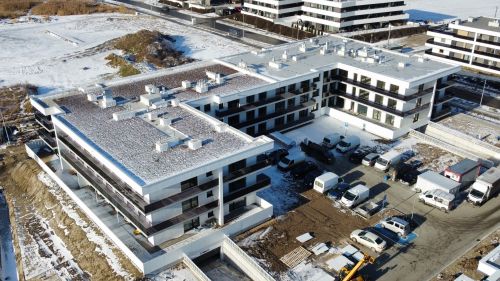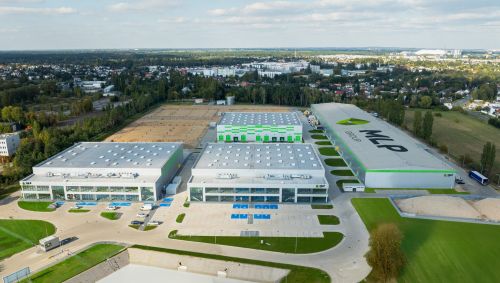The festive mood evaporated quite quickly on the trading floors of the world’s stock markets and the second half of January was marked by the fear of rising inflation and its impact on the economy, namely higher interest rates and a slowdown. The increased prices for goods and services is a global phenomenon, with the only difference around the world being the pace of the rises. However, each stock market has been reacting in the same way. The indices in the US were down, even though the financial reports for Q4 showed that most of the figures (70 pct) were much better than had been expected. This can also be seen in the strong data for US GDP (a rise of almost 7 pct in Q4), which is also driving inflation and interest rate hikes, which the head of the US Federal Reserve is now speaking openly about. There are similar expectations as to what the European Central Bank will do and the National Bank of Poland is already raising rates in response to the double-digit inflation forecas
























































